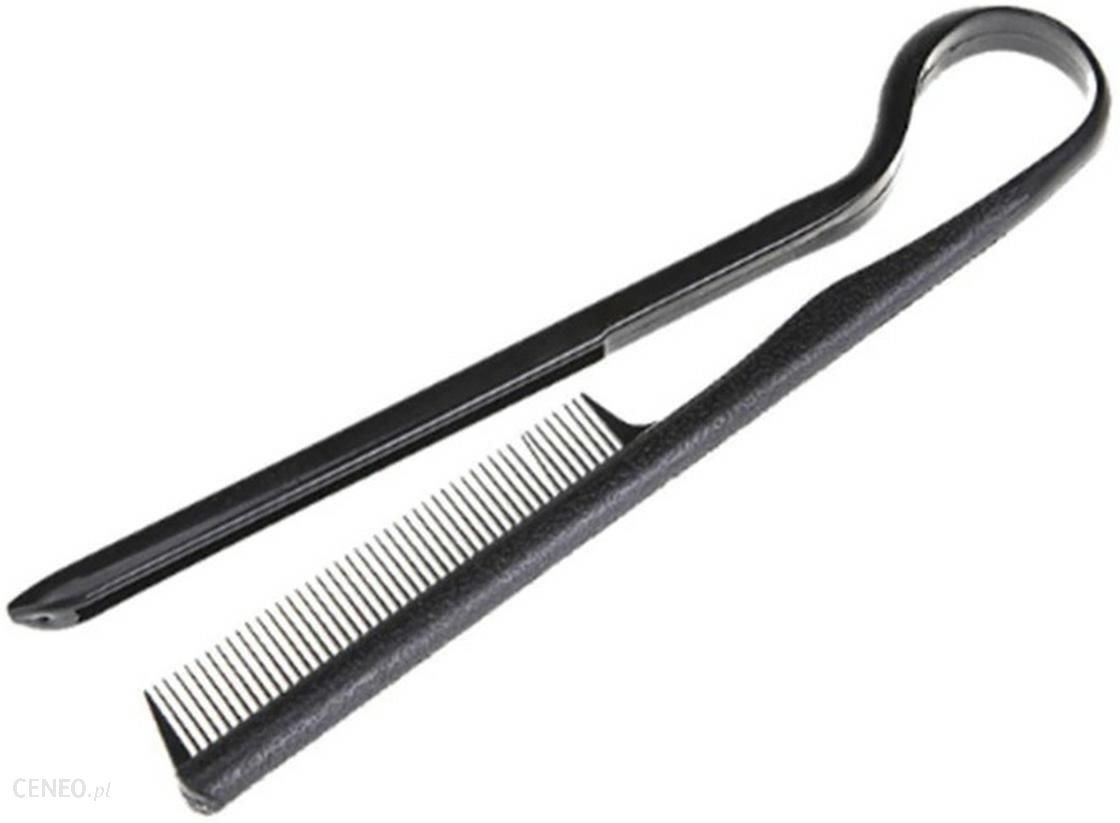Grzebien do prostowania włosów
Grzebienie do prostowania włosów są jednym z najpopularniejszych narzędzi do stylizacji włosów na rynku.
wonton na ryby
Są one nie tylko łatwe w użyciu, ale także skuteczne w wygładzaniu i prostowaniu włosów. W tym artykule dowiesz się więcej o tym, czym jest grzebień do prostowania włosów, jak działa i jak wybrać odpowiedni dla siebie.
elegancki czajnik na indukcję
Czym jest grzebień do prostowania włosów?.
lampion na baterie
Grzebienie do prostowania włosów są specjalnie zaprojektowanymi narzędziami, które pomagają w wygładzaniu i prostowaniu włosów.
wiertło do studni
Jak działa grzebień do prostowania włosów?.
nalewka z lipy
Grzebień do prostowania włosów działa na zasadzie podgrzewania pomiędzy dwoma płytkami. Płytki te są wykonane z różnych materiałów, takich jak ceramika, turmalina czy tytan, które są znane ze swoich właściwości wygładzających i chroniących włosy przed uszkodzeniami. Podgrzewane płytki działają na włosy, prostując je i zamykając łuski włosów, co sprawia, że włosy stają się gładkie i lśniące.
mata dla królika
Wybór odpowiedniego grzebienia do prostowania włosów może być trudny, ponieważ na rynku dostępnych jest wiele różnych modeli.
naturalne odblokowanie po sterydach
Warto jednak pamiętać o kilku istotnych czynnikach, które pomogą Ci dokonać właściwego wyboru.
wzywały na wojnę
1. Rodzaj włosów – Przede wszystkim należy zwrócić uwagę na rodzaj swoich włosów.
